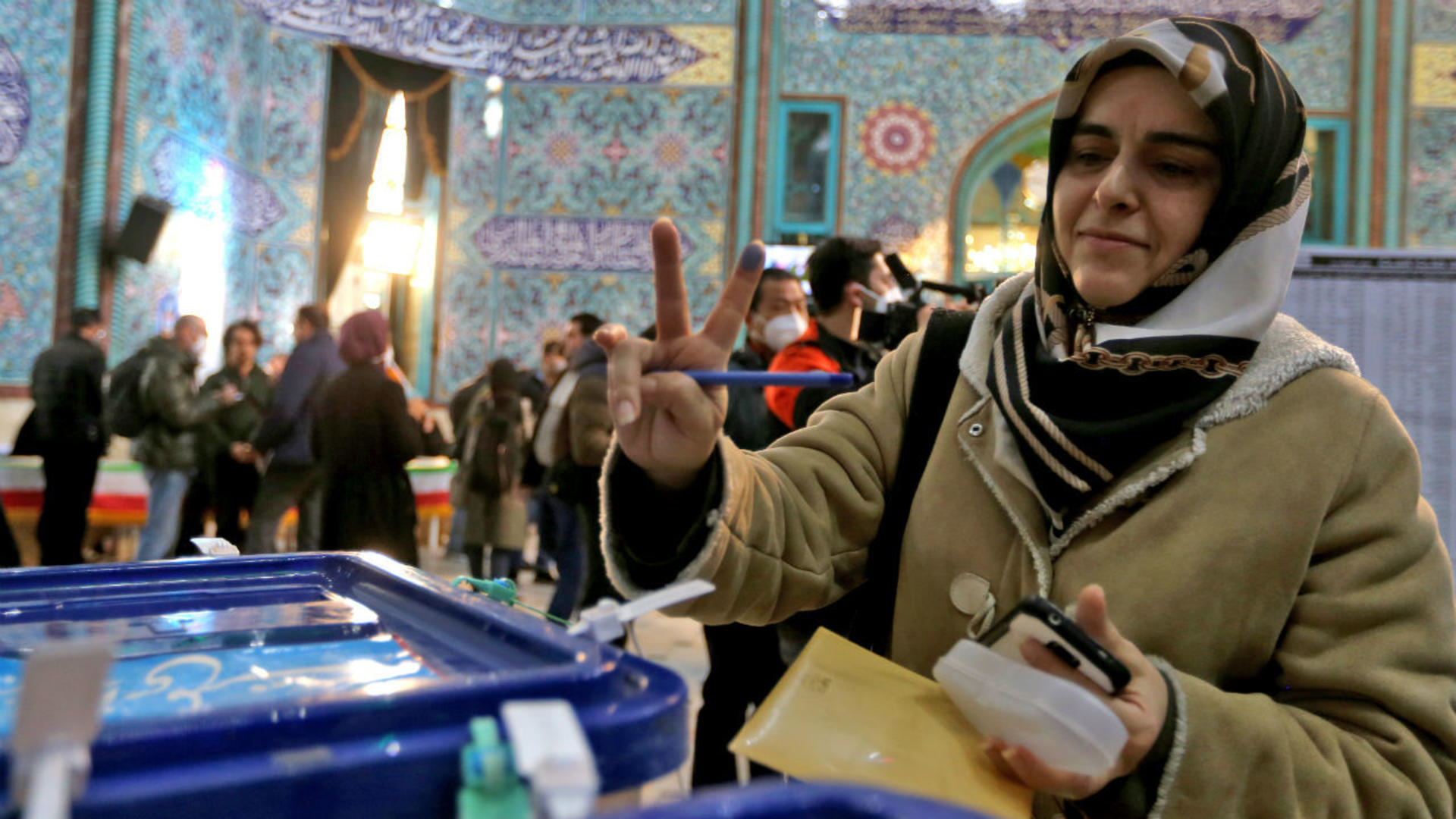Iran’s President Hassan Rouhani has complained in a letter to Supreme Leader Ali Khamenei about the mass disqualification of presidential candidates by the hardline election watchdog, the Guardian Council (GC), ahead of the June election.
At a weekly cabinet meeting on May 26, President Rouhani voiced displeasure with the Guardian Council for its decision to bar prominent moderate and reformist figures from the upcoming election.
“The government could not do much in this regard,” President Rouhani said, adding that whenever he voices displeasure with the GC, the response is that he lacks the authority to influence the assembly. “So I was left with no choice but to write to the Supreme Leader yesterday, to tell him what was on my mind and request his assistance with this issue,” he added.
The president further stressed that Khamenei would “decide what is expedient.”
Iran’s Guardian Council is tasked to check candidates’ political and other credentials and decide who is eligible to run.
On May 25, Iran’s interior ministry revealed the names of seven candidates approved by the GC to stand in the presidential election next month. The list comprises five hardliners, a moderate technocrat, and one reformist. The candidates are Ebrahim Raisi, Mohsen Rezaei, Saeed Jalili, Alireza Zakani, Amir Hossein Qazizadeh-Hashemi, Abdolnasser Hemmati, and Mohsen Mehralizadeh. They are allowed to campaign until June 16, inclusively.
Among those disqualified by the GC are Rouhani’s First Vice-President Eshaq Jahangiri, Labor Minister Mohammad Shariatmadari, and former parliament speaker Ali Larijani, a moderate conservative who had a close working relationship with Rouhani’s administration during his speakership. The applications of populist former president Mahmoud Ahmadinejad and prominent reformist figure Mostafa Tajzadeh have also been rejected.
Ali Larijani’s brother, Ayatollah Sadeq Amoli-Larijani, a member of the GC and at the same time chairman of the high arbitration body Expediency Council whose decision on disputes between parliament and the Guardian Council is final and conclusive, also criticized the GC’s decisions.
He called these decisions “indefensible” in both barring several candidates and approving the others. Amoli-Larijani also criticized the “growing intervention of security organizations through their untrue reports and their role in shaping the Guardian Council’s decisions.”
The Iranian Intelligence Ministry and the Islamic Revolution Guards Corps’ (IRGC) Intelligence Organization are the two main sources whose comments on the candidates’ background are considered decisive in the vetting process by the GC. Meanwhile, on April 4, a spokesperson for the IRGC, Brig-Gen Ramezan Sharif, dismissed the allegations against the organization, stressing that the IRGC neither approves nor rejects any candidate.







 The number of evacuees from flooded areas in Kazakhstan has reached 97,852 people, including about 32,856 children since March 27.
The number of evacuees from flooded areas in Kazakhstan has reached 97,852 people, including about 32,856 children since March 27.
 The Islamic holy month of fasting, Ramadan comes to an end this week with the celebration of a joyous festival called Eid (meaning “festival” in Ar...
The Islamic holy month of fasting, Ramadan comes to an end this week with the celebration of a joyous festival called Eid (meaning “festival” in Ar...
 Iran's senior military leaders described the drone and missile attack on Israel on April 14 night as “successful".
Iran's senior military leaders described the drone and missile attack on Israel on April 14 night as “successful".



